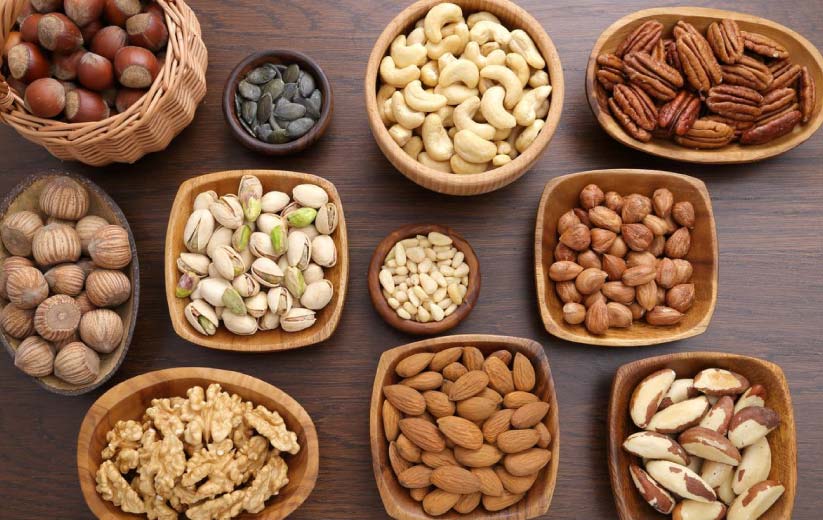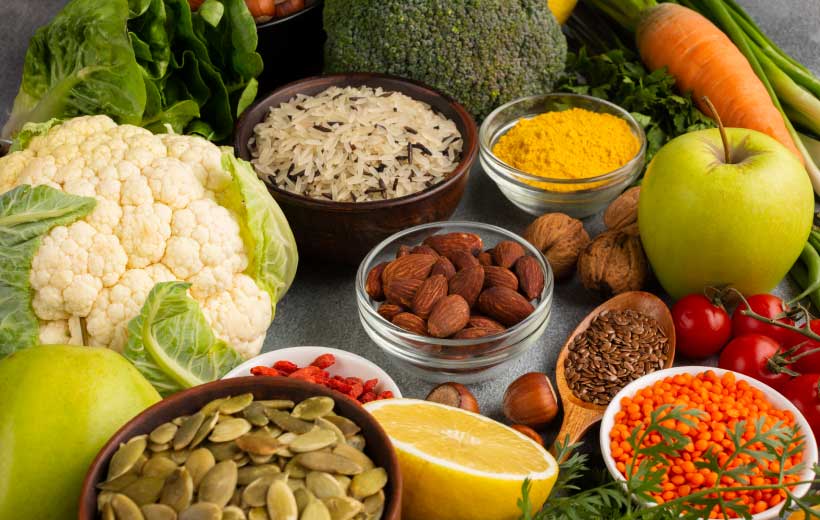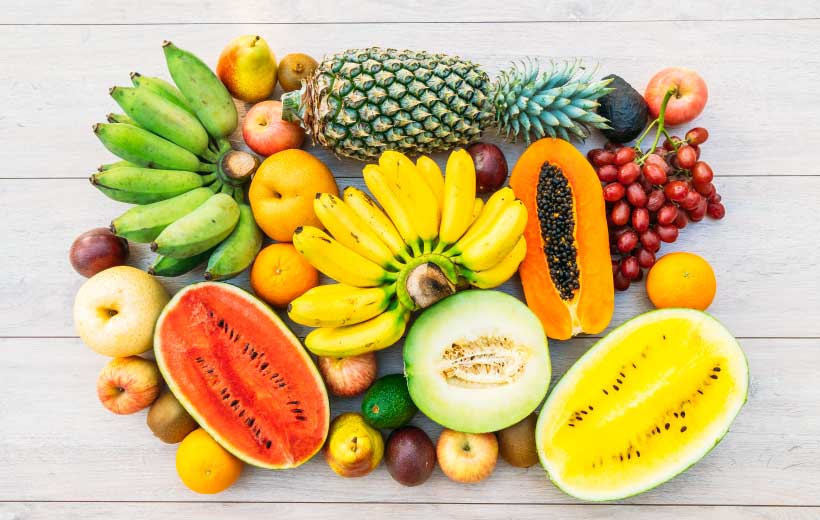Cancer is a disease caused by many factors, including an unhealthy diet. The foods we eat every day have an important influence, helping to help prevent some cancers.
Unhealthy eating increases cancer risk
Good nutrition helps maintain organ function and a healthy weight. What we eat has a significant effect on our health, including our risk of developing chronic diseases like heart disease, diabetes, and cancer.
Research shows that an unhealthy diet, often using processed foods, and foods high in saturated fat increases the risk of certain types of cancer and obesity, the cause of many types. diseases including cancer. In addition, a sedentary lifestyle, smoking, and drinking a lot of alcohol are also risk factors that increase the likelihood of cancer.
Evidence shows that red and processed meats increase the risk of cancer. Recently, the International Agency for Research on Cancer (IARC) of the World Health Organization, has released a report that processed meats can cause colorectal cancer.
According to the agency, processed meat is meat that has been modified through salting, treatment, fermentation, smoking, or other processes to enhance flavor or improve preservation. When you stop eating processed meat, you cut down on potentially carcinogenic compounds as well as reduce your saturated fat intake.
Added sugars and other high-calorie sweeteners are commonly used in beverages and processed foods, fast foods, etc. cancer type. In addition, alcohol abuse also increases the risk of cancers of the mouth, esophagus, liver, and colon.
Plant-based foods can help prevent cancer
Research shows that plant-based foods provide thousands of phytochemicals, which are naturally occurring plant compounds packed with antioxidants that can protect and repair the body’s damaged DNA.
Antioxidants help protect the body and neutralize cell-damaging free radicals, which can reduce the risk of cells mutating from damage and becoming cancerous.
The vitamins and minerals in vegetables, fruits, whole grains, and beans also help with DNA production and repair, and control cell growth. Certain foods may have a more direct effect on specific types of cancer, such as plant foods that are high in fiber, which may reduce the risk of colon cancer. Eating more foods like vegetables, fruits, fish, and fiber has been linked to a reduced risk of colorectal, lung, and breast cancer.
The strong antioxidant effect of lycopene in plants can prevent or slow the progression of certain types of cancer such as breast cancer, prostate cancer, and kidney cancer by limiting the growth of certain types of cancer.
Leafy green vegetables
Green leafy vegetables are the foundation of a healthy diet because they are exceptionally rich in vitamins, minerals, antioxidants, and enzymes, yet very low in calories, fat, and sodium. Green leafy vegetables like spinach, kale, lettuce, and watercress… are rich in antioxidants known to have anti-cancer effects, including vitamin C and beta-carotene.
Cruciferous vegetables are nutrient-dense sources of a family of phytochemicals called isothiocyanates that have been linked to cancer prevention. Cabbage and broccoli also contain sulforaphane and indoles – two powerful antioxidants and stimulants of detoxifying enzymes that protect DNA structure.

Green leafy vegetables contain a lot of vitamin C, which has a protective effect against the growth of cancer cells.
Vibrant orange vegetables
The brightly colored pigments found in plant foods are a sure sign that they contain phytochemicals, especially the antioxidant carotene. Carotenoids (alpha-carotene, beta-carotene, lycopene, lutein, cryptoxanthin…) are derivatives of vitamin A found in many citrus fruits, berries, pumpkins, sweet potatoes, carrots… and other foods other plant foods.
One of the most studied is beta-carotene, an essential nutrient for immune function, detoxification, liver health, and fighting skin and eye cancer.
Berry
Berries are among the top antioxidant foods. Berries such as blueberries, strawberries, cherries, raspberries, etc. are especially rich in the antioxidant proanthocyanidins, which have been observed to have anti-aging properties in several animal studies and can reduce the harmful effects of free radicals. They also contain large amounts of phenol, zeaxanthin, lycopene, cryptoxanthin, lutein, and polysaccharides.
Nuts and seeds
Many studies find a link between the consumption of nuts and cancer prevention such as a reduced risk of colon, prostate, and breast cancer.
Chia seeds, flax seeds, sunflower seeds, almonds, and walnuts… contain many healthy fatty acids. Chia seeds are rich in alpha-linolenic acid (ALA), an omega-3 fatty acid that can limit the growth of breast and cervical cancer cells.

Green tea
All traditional teas have health benefits, but green tea has the most significant effects because it contains the highest percentage of polyphenolic compounds, catechins, gallocatechin, and EGCG.
Polyphenolic compounds, including epigallocatechin-3-gallate, inhibit tumor invasion. The antioxidant EGCG is the most potent with a potent activity that has been implicated in the modulation of multiple signaling pathways, which ultimately leads to the downregulation of the expression of proteins involved in the invasion of cells. cancer cell.
Follow the website ongreenbeauty.com to get more health, nutrition, and beauty information to protect the health of yourself and your loved ones in your family.




